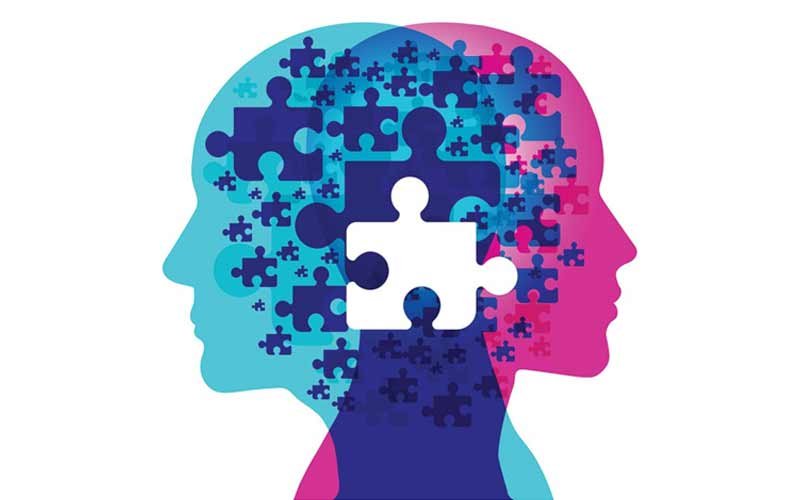
18 Jun Behavioral Counseling
Along with understanding various disorders and their characteristics, it is also essential to understand the different types of therapy that are used to treat them. Behavioural therapy is one of the most effective forms of therapy that helps alleviate disorders that specifically affect a person’s behaviour, and hence their daily life.
What is Behavioral Counselling?

Behavioural Counselling is based on a school of psychology, called behaviourism. Behaviourism states that a person’s thoughts, feelings and emotions are reflected through their behaviours in different situations and around different objects. Behavioural counselling or behavioural therapy manipulates a person’s behaviour in order to treat certain disorders that they might be struggling with. Unlike medication or electroconvulsive therapy, this form of treatment is highly immersive and requires the patients to be completely trusting of their therapists.
Types of Behavioural Counselling
The core concept behind all of the various therapies that come under Behavioural counselling is that disorders are a by-product of faulty thoughts and behaviours associated with inappropriate objects. If a person can check and change their behaviour, they can conquer their mind back from the disorders. The various types of disorders include:
- Cognitive Behavioural Therapy– As the name suggests, this therapy focuses on both cognitions (thoughts) and behaviours. The therapy involves exploratory sessions, where the psychologist and the patient try to explore various thoughts and feelings associated with the object or situation of the issue and try to understand their underlying mechanism. With the mystery behind the association solved, they then try to challenge these faulty associations and replace them with healthier alternatives.
- Rational Emotive Behavioural Therapy– Most often used to treat certain forms of depression, REBT in essence helps the patient and the psychologist draw a mental map of the thought process of the patient by conducting long talking and test sessions. Once the map is clear, the psychologist helps the patient to rationalise this thought process to reach less drastic and harmful conclusions. With these tools in place, the patient over time can learn to rationalise their own thoughts and control the disorder.
- Aversion– Most often used in substance and non-substance abuse disorders, this form of therapy involves working with negative associations. First, the patient is to imagine themselves indulging in the problematic act or consuming the addictive substance, but rather than focusing on their gratification, the psychologist introduces memories of shame and guilt after carrying out the act, along with disgusting imagery that the patient finds disturbing. After repeated effort, the patient begins to associate the behaviour of carrying out their addiction with the thoughts and sensations of disgust.
- Systematic Desensitisation– This form of therapy is most often used to treat phobias and other forms of anxiety disorders. The patients first draw up a hierarchy of various situations with increasing levels of anxiety, which is then monitored and regulated by the therapist. The patients are introduced to each level of the hierarchy over the course of various sessions, ensuring each stage of the hierarchy is conquered to the point the patients do not feel anxious within them. This is done by practising some calming breathing exercises, which make the patient change their behaviour in the situation.
- Cognitive-Behavioural Play Therapy– Most often used to treat kids and young adults, this form of CBT uses the mechanics of games drawn up by the psychologist to treat the patient instead of simply talking and associating. The mechanics of the game serve the dual purpose of making the child open up with the psychologist indirectly while also staying attentive throughout the sessions. This can be crucial in the cause of trauma survivors, anxiety patients and other sensitive children.
While some behavioural counselling therapies are associated more closely with some disorders than others, it isn’t a guarantee that the same will always be a perfect fit. Consulting a therapist or psychologist for a proper level of diagnoses as well as discussion of the appropriate therapy is crucial. Furthermore, as mentioned before, these therapies are highly immersive and require the patient to actively partake in them, along with working on any ‘homework’ provided by the therapist. In most cases, more willing patients show the fastest progress while the unwilling ones take a longer timeline to be treated.
The types of disorders that can be treated by Behavioural Counselling

Behavioural counselling is the most appropriate for disorders that affect a person’s behaviours regarding certain situations and objects. This would include active cases of:
- Phobias
- Obsessive-Compulsive Disorders
- Bipolar Depression
- Addiction Disorders
- ADHD
- Self-harm
- Eating Disorders.
Depending upon the intensity of these disorders, the counselling might be accompanied by certain medications or might even be highly altered to ensure that it fits the mental profile of the patient really well. Feedback in such therapies is crucial, so patients are highly encouraged to discuss their experience with the therapy to make changes accordingly. It is also important to realise that people are all different and some patients might simply be more



No Comments